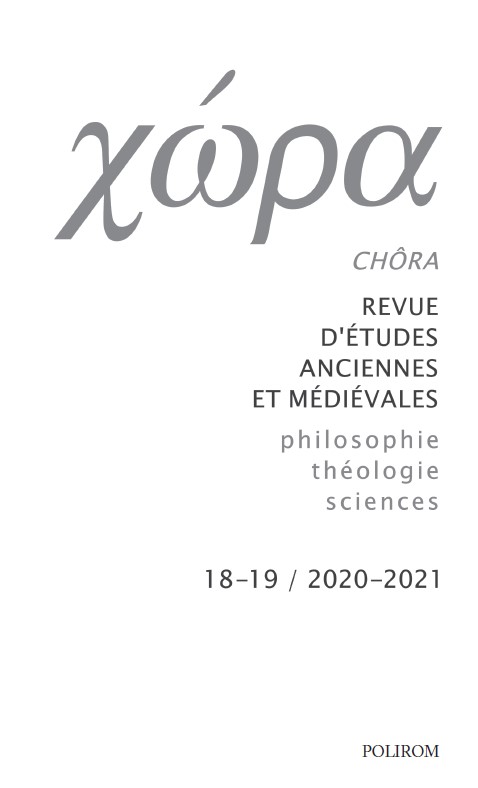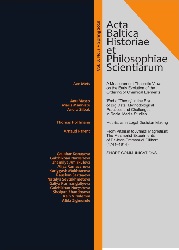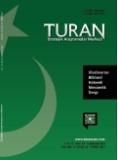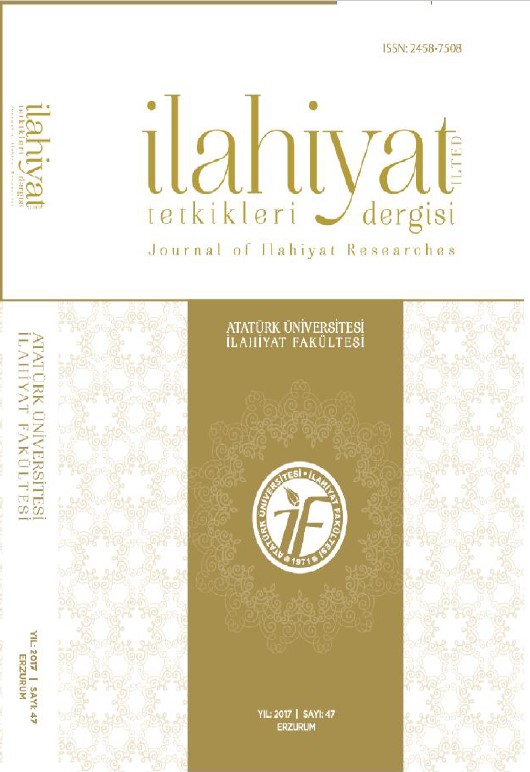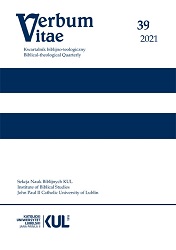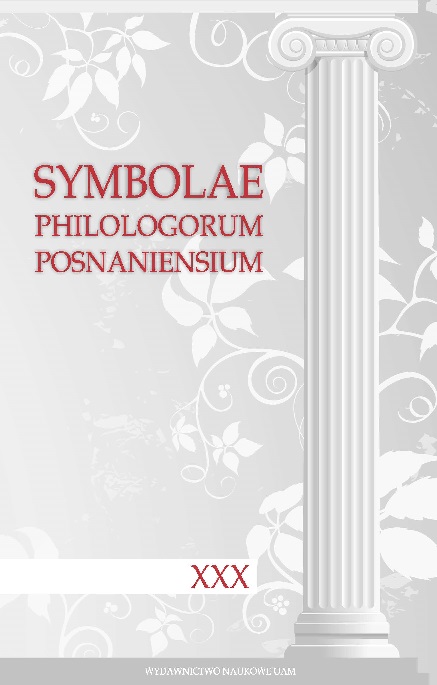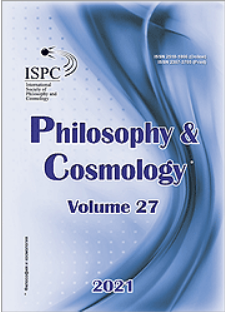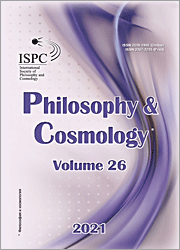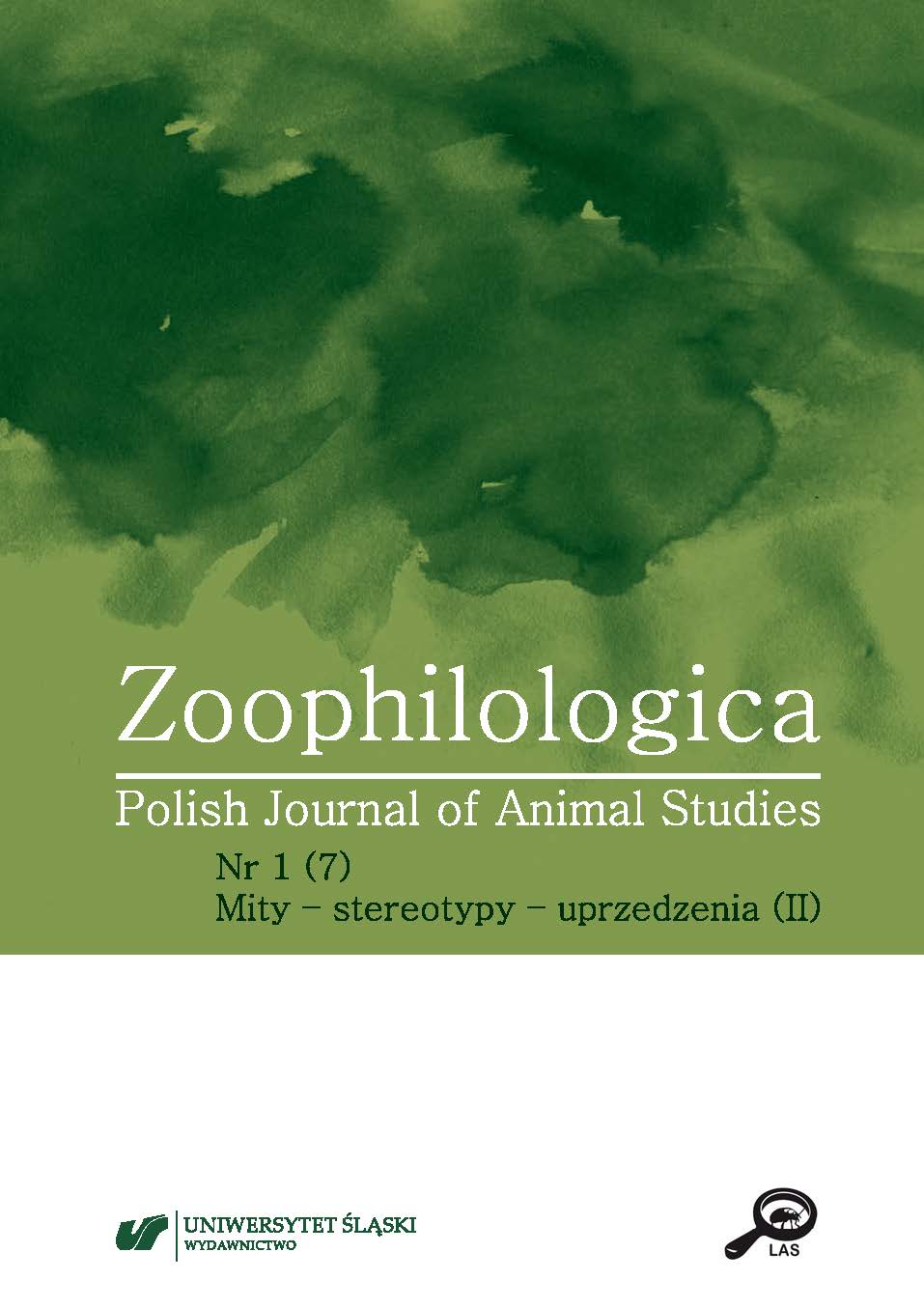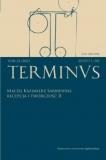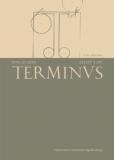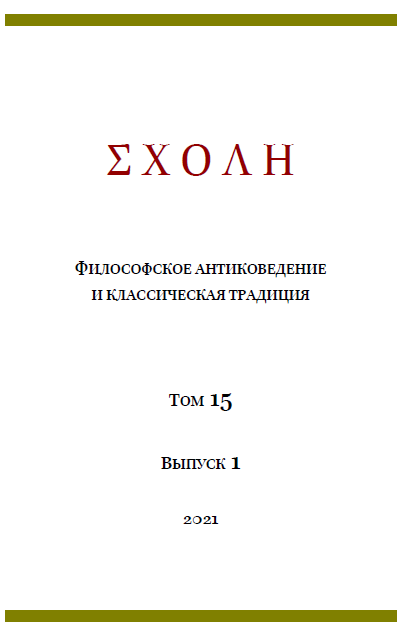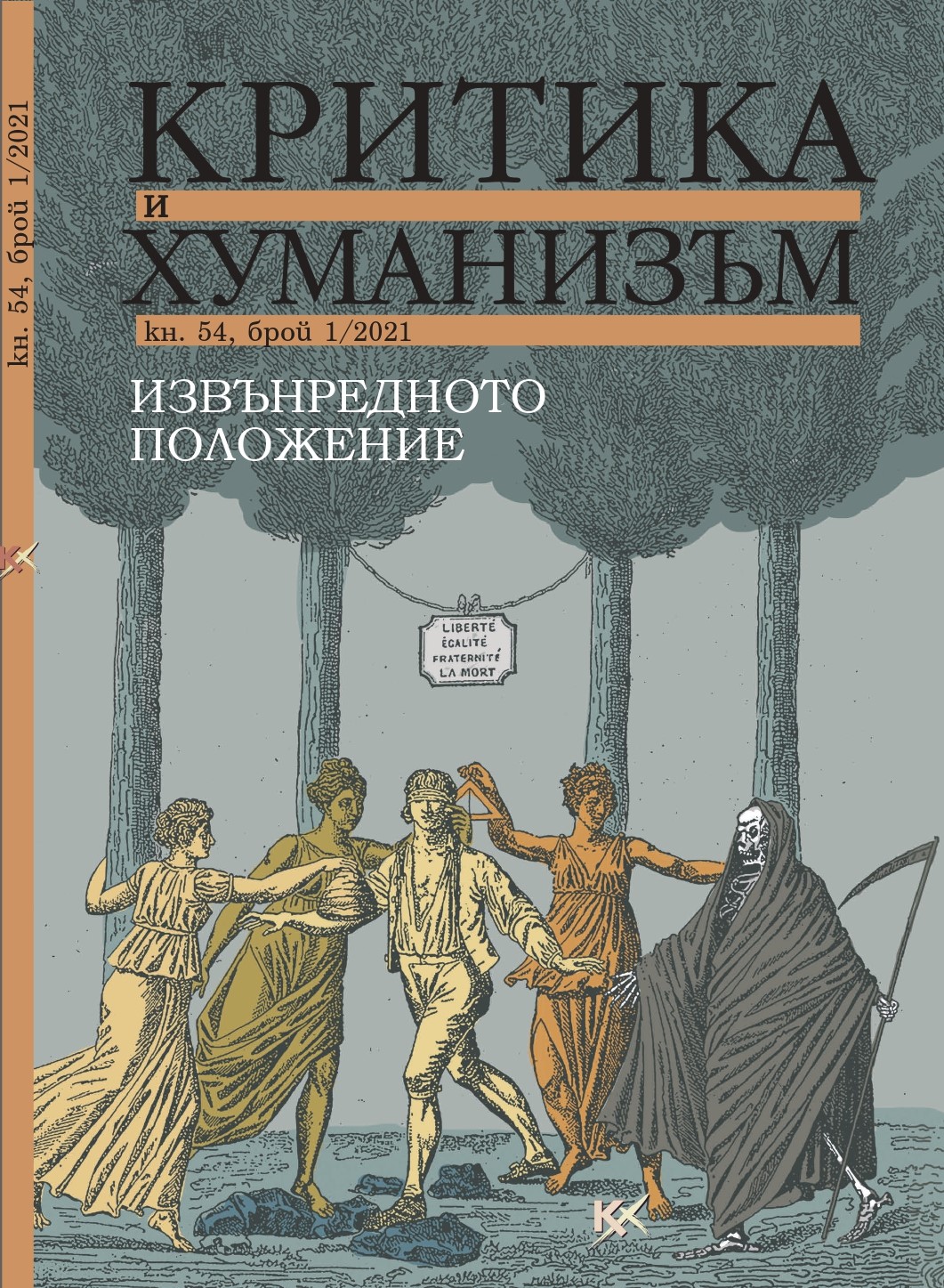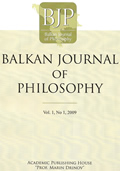
Legacy of the Ancients: Plato on the Self
Early traits of moral subjectivism can be gleaned from some of Plato’s dialogues with the emphasis on the “self.” The Socratic injunction “man know thyself” provided a stimulus for self-examination and self-awareness, which spring from human subjectivity. The Republic, Plato’s greatest dialogue, a magisterial masterpiece, recognized truth, value, and reality as fluctuating as they relate to the physical world. However, he gave much credence to the forms or ideas as the real reality. Plato recognized the centrality of human subjectivity—the contemplative intellect which grasps the forms—as the basis of truth, value, and intelligibility in the physical world. His accommodation of objectivity and subjectivity is an eloquent testimony to the centrality of duality not only in the everyday reality of humanity, but also in the decision making process in world affairs. For Plato, subjectivity is grounded in “theory of justice,” the recognition that communication, understanding, and cooperation are required for harmony and peaceful coexistence to subsist in the human community. Not adhering to Plato’s theory of justice, which stipulates the need for specialization of functions—i.e., one man, one job—is injustice, and does not encourage peace and stability. This paper recognizes the need to go beyond Plato’s presentation of moral objectivism as an independent realm of reality to moral subjectivity. This is the task of a philosophy that recognizes the importance of the idea of human freedom and the attainment of a stable society.
More...
